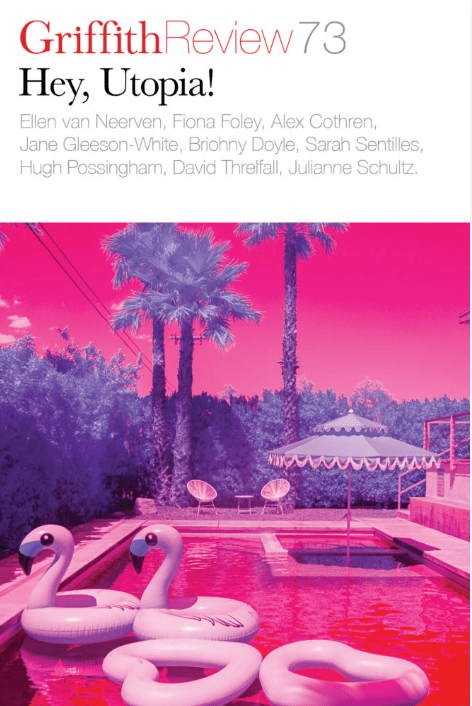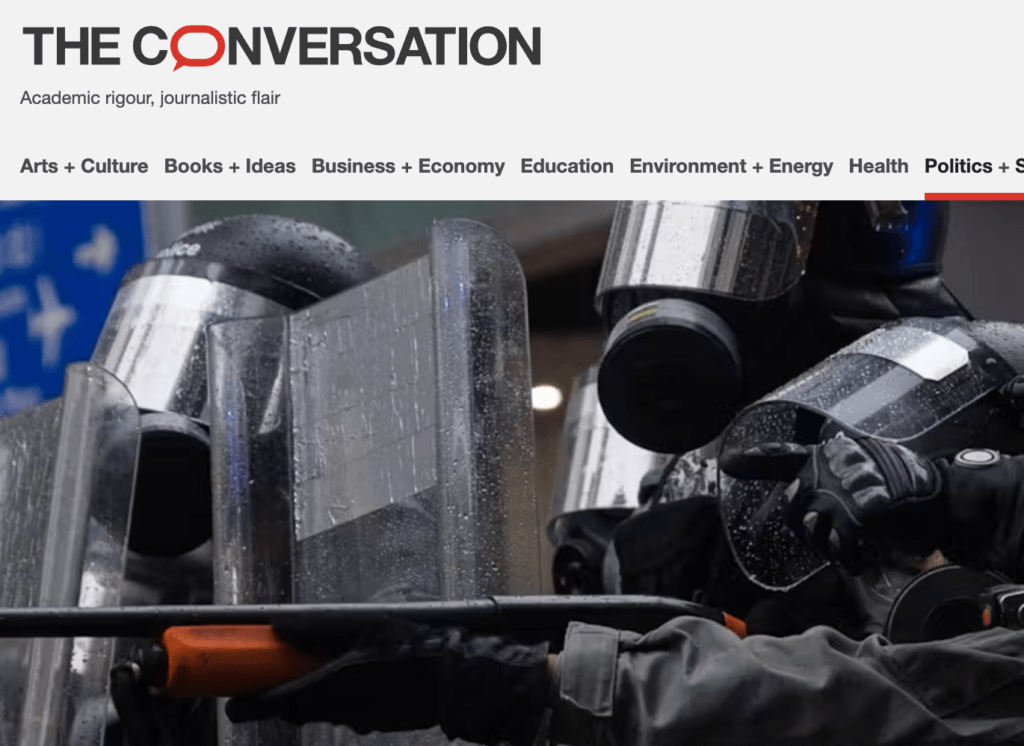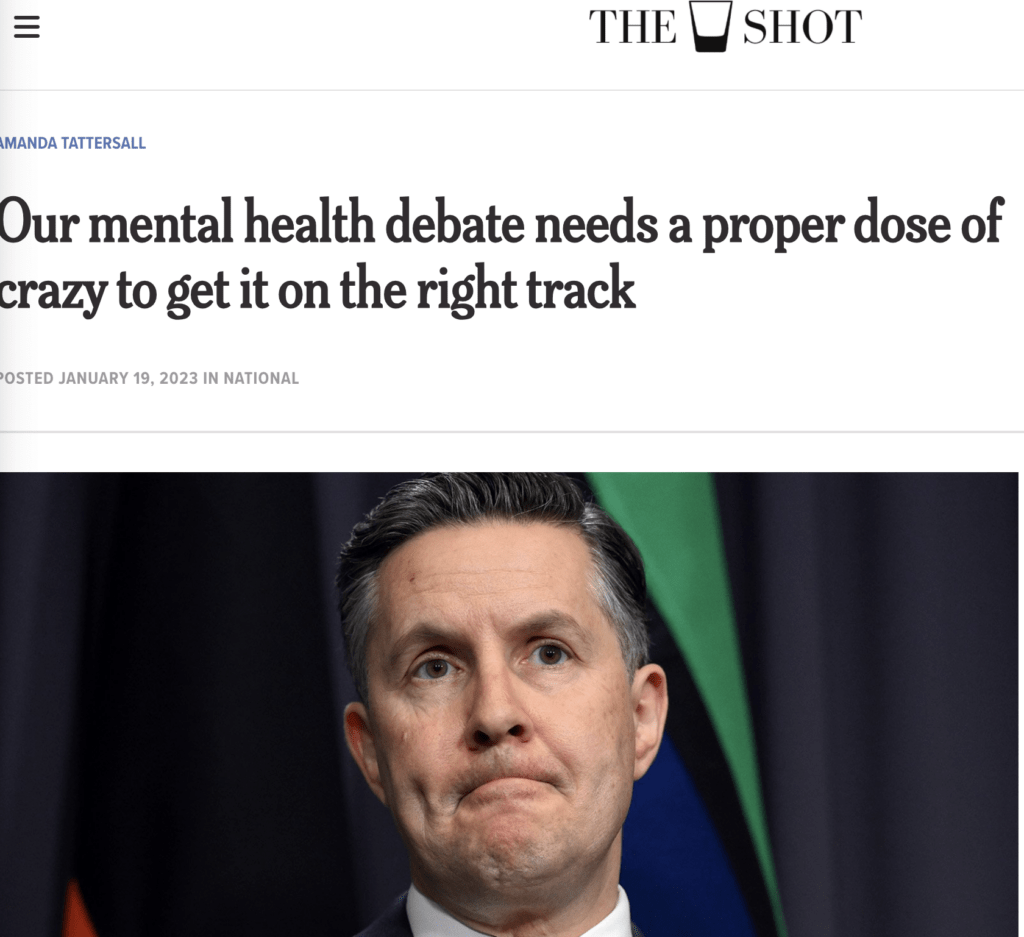Blogs & Speeches
Scaling Change – Negotiating the challenges of big and small
Over the last decade, several groups in Australia have successfully mobilised against fossil fuel interests. But which ones have gone the distance?
Negotiating the challenges of big and small
Citation:
Tattersall, A.. (2021) Scaling Change – negotiating the challenges of big and small. Griffith Review 73, https://www.griffithreview.com/articles/scaling-change/
This is available from Griffith Reivew behind their paywall, on Medium for free here, or read by Amanda on ChangeMakers Podcast.
I’M OLD ENOUGH to remember when Australia’s Wonderland opened in 1985 in Sydney’s Western Suburbs. I was eight. Arriving was like leaping into an assortment of highly curated alternative worlds. Wonderland was a better place. The park unabashfully said so in their advertising: ‘Wouldn’t it be wonderful if the world was Wonderland?’ I embraced it all as I stood in the Medieval Faire and marvelled at the Pirate Ship. My sister and I must have gone on the terrifying Bush Beast — an overbearing rickety wooden rollercoaster — more than a dozen times.
It was a perfect place and a perfect day. Until we lost our parents and they feared we’d been abducted. They found us on the spinning chairs, blithely unaware of their panic. We promptly left. Even so, I’ve retained a love of amusement parks. Growing up my family had one overseas holiday, and our trip to Paris featured Euro Disney the second day. Day two! Get in line, Mona Lisa.
My career has focused on the pursuit of better places: I am a change-maker. For more than twenty years I’ve worked to try and make things better. I’ve helped build massive social movements alongside quieter connections with groups marginalised by mainstream politics.
Over the years, gratified by some success but more starkly bruised by brutal losses, I’ve reflected on how we might change the way we make change. Co-founding GetUp!, Australia’s one million member digital social justice organisation, I used digital tools. I’ve also tried to forge connections across differences by introducing community organising to Australia. I’ve also researched change-making at the University of Sydney and hosted a podcast that features social change-makers from around the world.
This unconventional career began far more conventionally. Initially I imagined myself as a lawyer — a modern, female Rumpole of the Bailey. I was partly spurred by my dad’s belief that I was good at arguing. But I had a passion for justice that ran deeper than an interest in the law. My grandma would often describe her experiences of poverty in northern England, and how she struggled to get her family, including my dad, to Australia. My immediate family were alert observers of the political world, but not actively involved in it. Support for the netball club and an occasional P&C meeting was all there was time for alongside their own form of change-making — an all-consuming regime of home renovation, striving for a better world on our quarter-acre block.
I grew up in the 1980s, and that framed how I saw the world. I was five when Bob Hawke became Prime Minister. We were on holidays with my extended family and we hunched around the television that night, the adults stiffly upright on dark brown corduroy couches and the kids slouched on the floor. It was tense. My grandfather was a Liberal supporter; my parents voted for Hawke. While I’ll admit that my take on issues like the Prices and Incomes Accord and Franklin Dam were still in formation, that night I picked a side. When the election was declared I jumped in the air and ran to my dad for a cuddle.
I became a keen observer of politics. On Friday mornings I caught a 6.20 am train with my dad to attend school band practice and on the trip he would share his broadsheet newspaper with me. We discussed Mabo, the movement against nuclear testing in the Pacific, feminism, Tiananmen Square — and I longed to be able to do something about the problems in the world.
By the time I arrived at university I had a well-developed passion for making change yet was quite clueless about how things actually worked. At the University of Technology Sydney, I rode the escalators of the brutalist UTS Tower with a friend. As we passed a sign that said ‘UTS Union’, I said in a hushed tone that we should be cautious before signing up. We needed to know its politics, its ideology, first. I had read extensively about some unions not being as ‘good’ as others. I wanted to be on the ‘right’ side of any ideological on-campus fight.
Weeks later, with red cheeks, I discovered the truth about UTS’s ‘union question’. Far from any complex battle between left and right, socialism and pragmatism, this was the primary service provider for students, a single compulsory body focused on mundane dramas like coffee carts.

More work

After the march, what now?: International lessons for the UK anti-cuts campaign – insights from power in coalition
What happens after the rally? This piece explores strategies for building power after mobilisation.

Like ‘shooting water’: why the Hong Kong government must accept that compromise is the only way forward
How the protest strategies in Hong Kong had their roots in lessons learnt from the Umbrella movement and…

Our mental health debate needs a proper dose of crazy to get it on the right track
A radical idea to transform how we think about mental health – and make mental health policy.